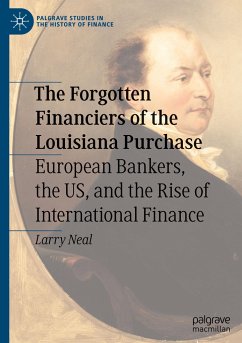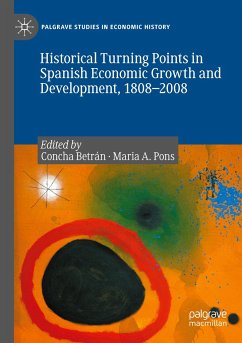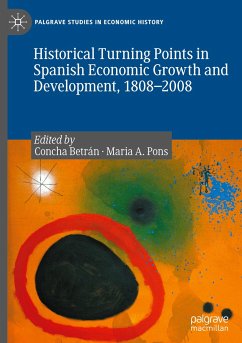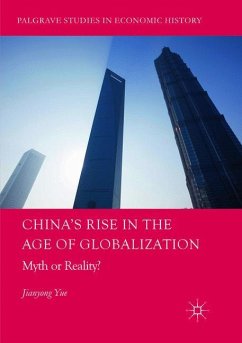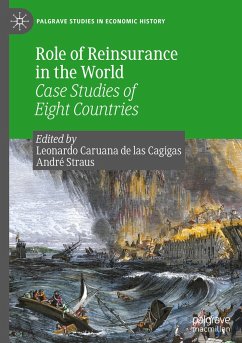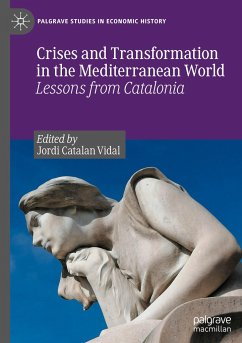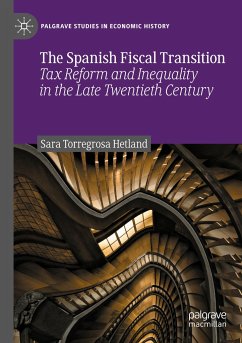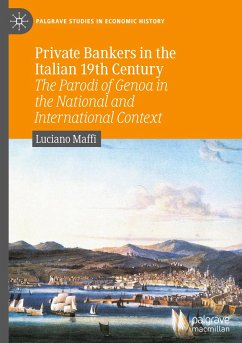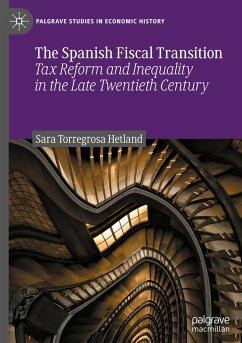Nicht lieferbar

Transatlantic Finance in the Age of Revolutions
Hope, Baring, and the Financing of the Sale and Purchase of Louisiana
This book explains how Amsterdam financiers played a much more important role in financing the Louisiana Cession than they are credited for. Drawing on hitherto overlooked Dutch archival sources, alongside American, French and British archival sources, this book shows that in 1803 the international financial order was not yet centered on London, but that the financing of the Louisiana Cession initiated a shift of this order from Dutch to British firms, which would become more apparent after the Napoleonic Wars.This book examines the strategies and operations of the two main banking houses, Hop...
This book explains how Amsterdam financiers played a much more important role in financing the Louisiana Cession than they are credited for. Drawing on hitherto overlooked Dutch archival sources, alongside American, French and British archival sources, this book shows that in 1803 the international financial order was not yet centered on London, but that the financing of the Louisiana Cession initiated a shift of this order from Dutch to British firms, which would become more apparent after the Napoleonic Wars.
This book examines the strategies and operations of the two main banking houses, Hope & Co. of Amsterdam and Francis Baring & Co. of London, involved in financing the cession of this territory from France to the United States. This book advances the scholarship not just on the Louisiana Cession, but also on international finance, the financial "sinews" of state power, Great Power diplomacy, the Atlantic Revolutions, and the Napoleonic Wars. It will be of interest to researchers and advanced students in all of these fields, at the intersection of history, politics, and economics.
This book examines the strategies and operations of the two main banking houses, Hope & Co. of Amsterdam and Francis Baring & Co. of London, involved in financing the cession of this territory from France to the United States. This book advances the scholarship not just on the Louisiana Cession, but also on international finance, the financial "sinews" of state power, Great Power diplomacy, the Atlantic Revolutions, and the Napoleonic Wars. It will be of interest to researchers and advanced students in all of these fields, at the intersection of history, politics, and economics.




